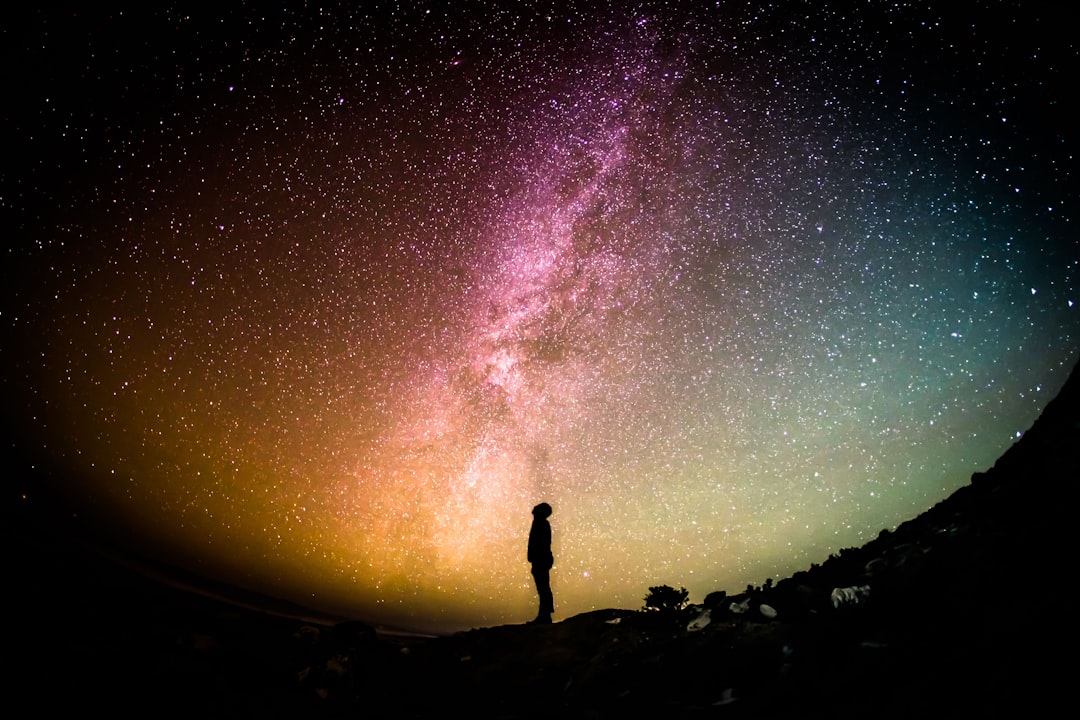Questions About Our Beginning
Did Adam and Eve exist? A free Bible Project class, Adam to Noah, gave me insights and answers, as well as new questions to pursue.
No one knows how humanity began, exactly—ancient documentation from the earliest human civilizations is conflicting and open to multiple interpretations. But we can be 100% sure that something significant happened to elevate humanity above all the other animals because here I am writing this article.
And here you are, reading it.

In my previous post, The Beginning of What?— I introduced the question, Did Adam and Eve exist? Did God intervene to alter the trajectory of humanity's biological and/or social evolution from the beginning? That was the question, or should I say, the discomfort caused by that question, that led me to an online bible class, Adam to Noah. During the 14+ hours of study on Genesis 2-5, I learned how to dissect the literary structure of the text, how chapters 1 and 2 are related, and how it introduces us to the rest of the Hebrew Bible. But it was not until the very last hours of the class that Dr. Mackie offered a brief overview of 3 current views on the historicity of Adam. The quotes below are from my class handouts.
1) The First Ancestor View
"Adam and Eve are two actual people, specially created (“de novo”) by God in precisely the way the text describes, and apart from any previous hominid ancestors. They are also the actual first ancestors of all following human beings…"
This is the view I grew up on. It is also the view I am now willing to let go of—mostly.
2) The Literary-Symbolic View
"Adam and Eve are purely literary figures in a divinely inspired story meant to prefigure the identity and failure of all the following failure narratives in the Bible…"
Dennis Venema and Scot McKnight, authors of Adam and the Genome: Reading Scripture after Genetic Science, and Francis S. Collins, author of The Language of God: A Scientist Presents Evidence for Belief, seem to be proponents of this view. I cannot get on board with it. If God personally intervened in the lives of Noah, Abraham, Jacob, Joseph, Moses, and Jesus, why could he not intervene with Adam and Eve?
3) The Archetypal View
(a) The archetypal, first ancestor of all humanity
"Adam and Eve are both the archetypal representatives and the first biological ancestors of all human beings, but the narratives are told in style and imagery of ancient Hebrew culture…"
This view, like the First Ancestor View, is contrary to the outcomes of recent genomic research—the originating homo sapiens population was about 10,000.
(b) The archetypal representative of all humanity
"Adam and Eve are real archetypal representatives of humanity, but not necessarily the first biological ancestors. The narratives are told in the ancient Hebrew style that uses imagery and metaphor to communicate truths about history. The narrative refers to a “real” history through an image-expressive medium."
John Walton, author of The Lost World of Adam and Eve, and Derek Kidner, author of Genesis: Tyndale Old Testament Commentary, are proponents of this view. I have not yet read these books, but the following excerpt by Joshua McNall explains how Adam and Eve can still be archetypal representatives of humanity without being the first biological pair of humans.
“… Just as God chose Israel from the rest of mankind for a strange, special, demanding vocation, so perhaps what Genesis is telling us is that God chose one pair from the rest of early hominids for a similar vocation. In this way the election of Adam bears a relation to the vocation of Israel, just as the bestowal of the image upon Adam’s ‘collaterals’ bears a resemblance to the New Testament inclusion within God’s great family.” — ADAPTED FROM JOSHUA MCNALL, “WHERE ARE YOU ADAM? RECAPITULATION AND THE HUMAN ORIGINS DEBATE,” P. 72-73.
This aligns much more closely with what I imagine to be true—and, I must warn you, my imagination has been ignited. Because I am convinced that the writers of Genesis wanted their readers to believe that God intervened with humanity's trajectory long before Abraham, long before Noah.
They want us to know that God intervened at the very beginning of our civilized world. But before I allow my speculations to get away from me, let me share one more book.
Next Time On Earth as in Heaven
I was comforted in learning that Bible scholars regard genomic research in many ways—and not just by ignoring it. But I wanted to hear more. Next week, in part 3 of a 3 part journey, I want to tell you about The Genealogical Adam and Eve: The Surprising Science of Universal Ancestry, a book by S. Joshua Swamidass.


